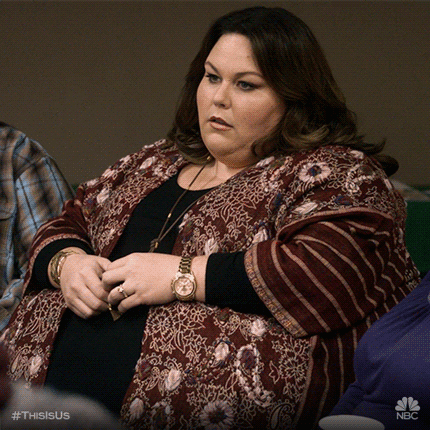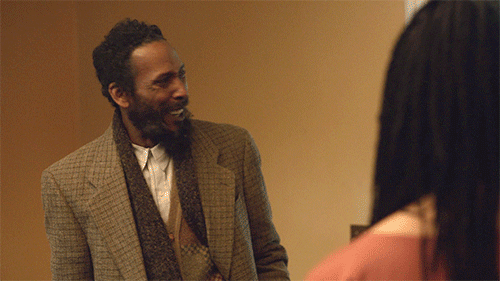‘This Is Us’ deals with many types of addiction: pain pill addiction, alcohol addiction, and food addiction. But how accurate is the show?
We take a look at 6 times ‘This Is Us’ got addiction right (and where it missed the mark):
1. Addiction is a family disease.
“We’re a family of addicts,” Kevin tells the rest of his family. “Our father was an addict, his father was an addict, I’m an addict.”
As much as half of a person’s risk of becoming addicted depends on genetic makeup. Addiction affects the entire family, too.
2. Sometimes, loved ones and family members (even those in the medical profession!) won’t realize there’s a problem.
Despite Sophie’s career as a nurse, she doesn’t connect Kevin’s erratic behavior to addiction. And why would she? Friends and family members often have no reason to suspect substance use disorder.
Think a loved one is struggling? Find out how to talk to them about their pain med problem.
3. Shame about addiction can keep it a secret.
In treatment, Kevin’s therapist asks Rebecca is she ever talked to the kids about Jack’s addiction. Rebecca says, “You really do a disservice by calling my husband an addict because he was so much more than that!” It can be hard to talk about addiction openly in families because of the stigma attached to it.
But stigma around addiction is changing. Recovery advocate Ryan Hampton started the Voices Project, sharing recovery stories out in the open, to shed the shame. At companies like Workit, we celebrate stories of recovery.
Our Co-Ceo, Robin, said “When Rebecca said that calling her husband an addict does him a ‘disservice’ I winced and thought ‘not in our Workit World, lady!'” Why couldn’t Jack’s recovery have been a point of pride for his family, rather than one of shame?
4. Skinny people struggle with eating issues too.
Early on in the show, Madison, another member of Kate’s eating support group, was scoffed at for her concerns – she isn’t overweight, so what is her issue? She must be perfect, right? But as Kate gets to know Madison, it’s revealed that she’s struggling with bulimia.
At least 30 million people struggle with eating disorders, and every 62 minutes one person dies as the direct result of an eating disorder. Eating disorders, whether eating too much or not enough, are about a disordered relationship with food, not physical appearance.
There are weight loss support groups out there (which can absolutely work for some), but there are also recovery programs out there focusing on a person’s relationship with food, like Workit Eating and Eating Disorders Anonymous.
5. Relapse can be a part of recovery.
Jack confesses to Rebecca early on that when he said he quit drinking, he didn’t. But he quits again, and is successful. Jack decides to go to meetings, which is a popular way to get help. But you can also quit drinking without AA.
Kate also seems to relapse into binge eating, although the show less directly addresses this.
With substances and food, relapse might happen. But it can be learned from and looked at as a part of the recovery journey, rather than a slip back into addiction.
6. Addicts in recovery can live totally normal lives.
Although TV shows often highlight the struggle of addiction, as much as 10% of the U.S. population is living in recovery from alcohol or drug addiction. Just like William, Randall’s father, who struggled with heroin addiction when young, but has found long-term recovery.











